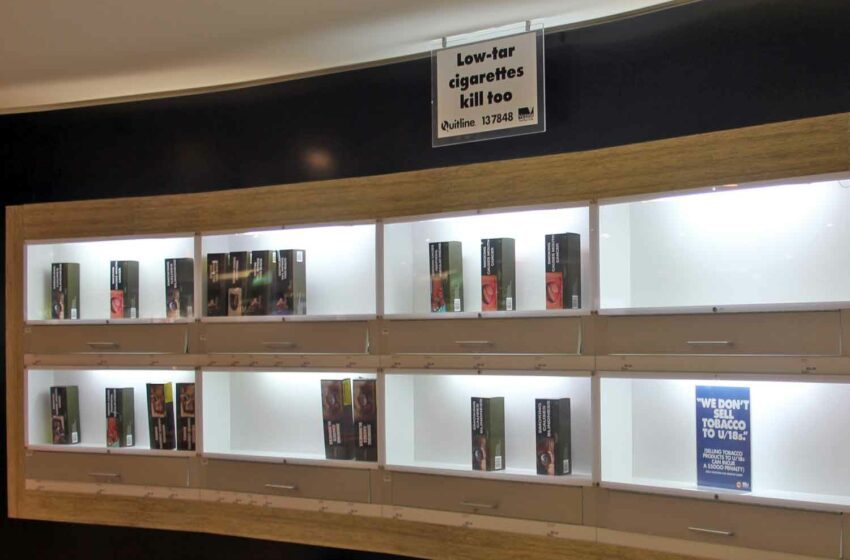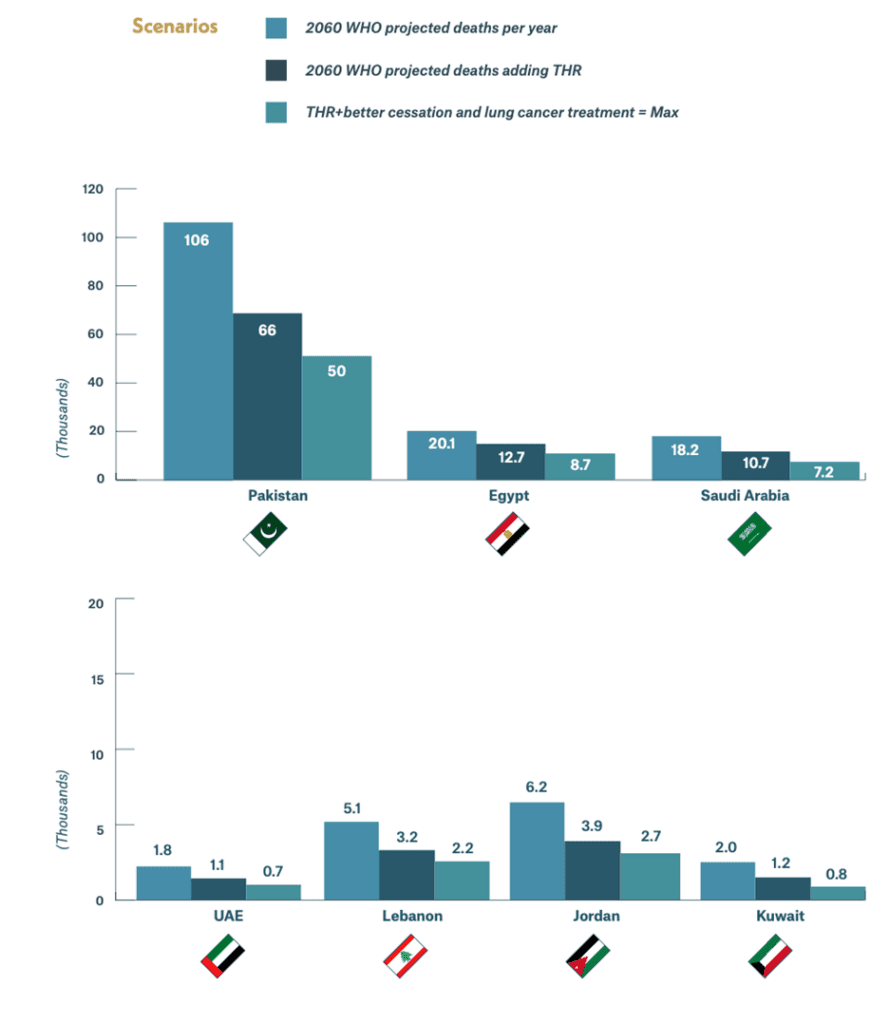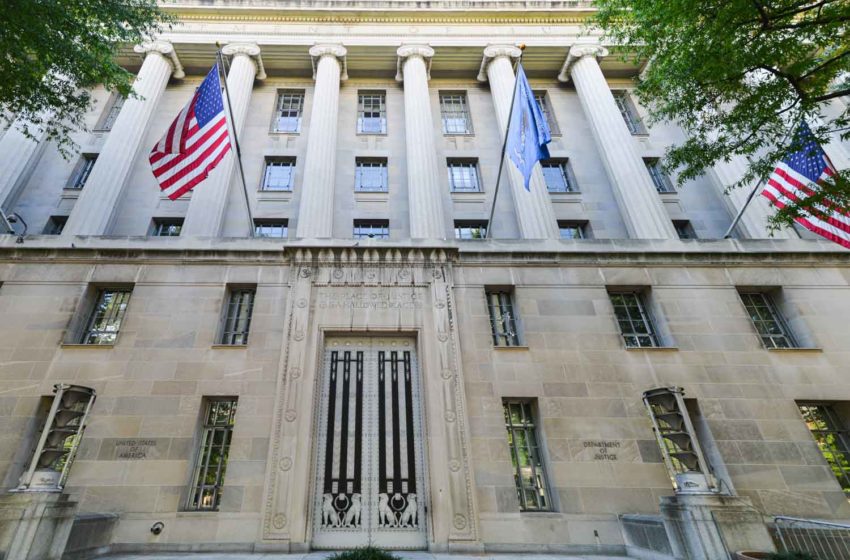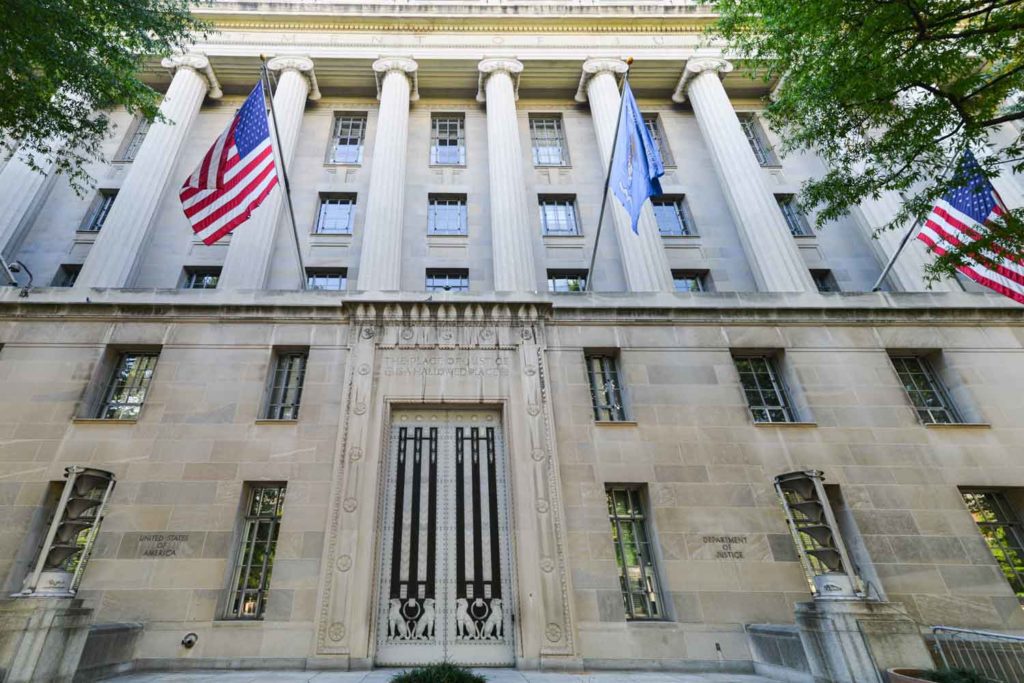
Research out of New Zealand has found that graphic health warnings on tobacco packages are no longer motivating smokers to quit, reports RNZ.
According to Lani Teddy, University of Otago research fellow, the warnings have not been refreshed since 2018 and have lost their impact.
“For example, many on-pack warnings feature diseased organs that participants found difficult to recognize. They felt messages that recognized them as whole people would create greater empathy and do more to encourage them to quit,” Teddy said in a statement.
The study found that consumers were avoiding looking at the health warnings and did not feel that they would be personally harmed by using the products. According to Teddy, smokers were more likely to care about cost, stress of addiction and how their smoking affected their loved ones.
“Other countries are moving ahead with additional product design policies,” said Janet Hoek, research co-leader. “Canada has introduced warnings on individual cigarettes, a move that Australia is also considering. Australia has brought in new regulations that allow for filter regulations and is banning the use of flavor capsules, which make smoking more appealing to young people.”
Hoek said the packaging should include details on how to quit smoking.
“The repeal of the Smokefree Environments and Regulated Products (Smoked Tobacco) Amendment Act 2023 has left a policy vacuum,” Hoek said. “The government should demonstrate its commitment to the Smoke-Free 2025 goal by adopting international best practice in both tobacco product and packaging measures.
“At the very least, the government should maximize the impact that existing measures, such as on-pack warnings, could have and complement these with advice that will help people quit.”





















